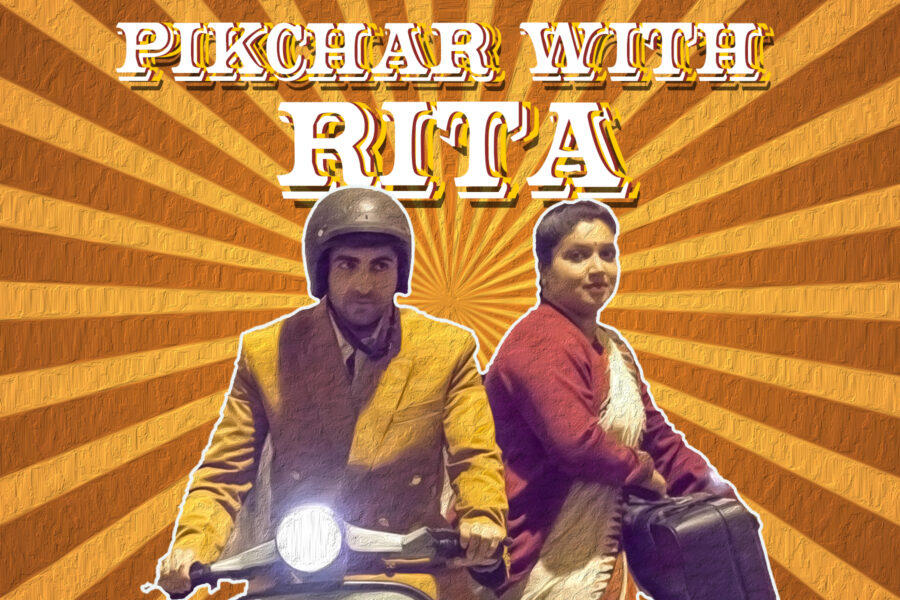If we had to describe a predicament of loving in an essentially futile and transient situation, a helpful word to capture this helplessness is moh (मोह). Sometimes, it appears next to maya, as in mohmaya. Attachment in general, or attachment to the illusory world, is what we understand by these words. I grew up hearing resolutions of my mother to overcome her moh for this one or that one, almost as it were the last binding thread to a world she had ceased to care for. The implicit assumption in the usages of these words was that we need to shed moh, transcend it, for it is the root of unhappiness. Attachment to the worldly also impedes an intimacy with God. And therefore, the Kabir bhajan, mat kar moh tu hari bhajan ko maan le.
The premium such spiritual histories of the word place upon the idea of love as a suspicious phenomenon has come back to me. Once again, a song has done that. I refer to the beautiful song, Moh Moh ke Dhaage from the film Dum Laga ke Haisha. Sung by Monali Thakur and Papon in female and male versions, respectively, and penned by Varun Grover, this song is one of the finest in contemporary Bollywood music.
It is these words in particular that draw my attention:
“Yeh moh moh ke dhaage; Teri ungliyon se ja uljhe
Koi toh toh na laage; Kis tarah girah ye suljhe”
Prem (Ayushman Khurrana) and Sandhya (Bhumi Pednekar) have found themselves in a classic arranged marriage of small town India. In this case, the overweight wife is wedded to a reluctant man who has not made much with his life. There are no conditions to help them find a common ground and start a life of love and conjugality. The families hovering over them make matters worse, so do the mocking neighbours and friends.
However, without wanting to, they notice little endearing things about each other, such as the collection of songs Prem makes for Sandhya, almost resentfully. Equally grudgingly, he picks up chappals when she drops them while sitting on his scooter. Her little English phrases, her desire to wear a nightie, which is irritating to him but becomes a tugging memory later. Such is the nature of moh, that attachment to an object or person lives independently of one’s own volition or another’s reciprocity.
The song refers to the ways the threads of attachment have got entangled with your fingers. The beginning and end of the threads are elusive, merged invisibly with other knots, how is one to disentangle it.
Recommended
This is not about falling in love, but of finding yourself attached. It is about a tug you feel for one instantly, although you thought the person had ceased to matter. Attachment is what wraps itself around its target, just like we do every single day – knowing fully well that we must not, that it matters little compared to what life or death is about. Moh then is that allurement or false promise inseparable from the act of living. It is attachment, but not quite.
Does English have a name for attachments we cling to, without wanting to, love we offer to the ones who do not deserve, accommodations we make despite knowledge that there is only giving and no possibility of return? Does it have a name for love that was not meant to be?



